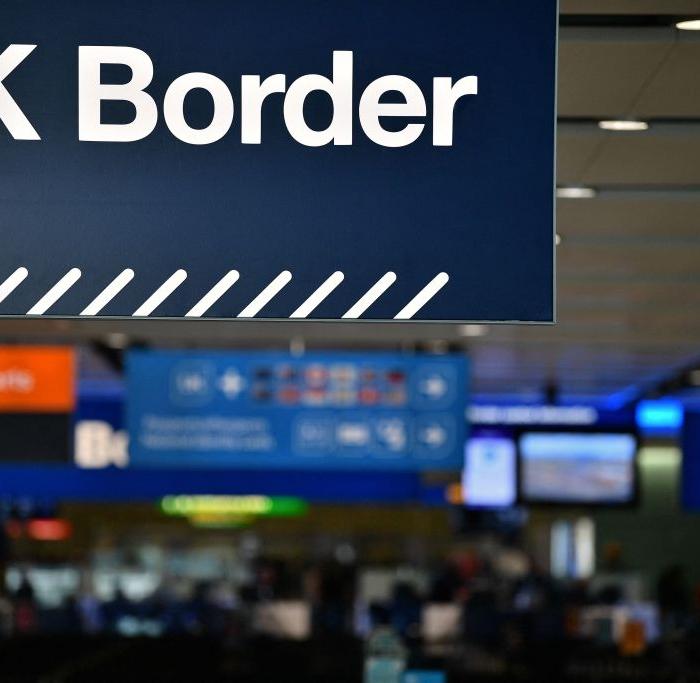The government has published the new salary thresholds for skilled worker visas (SWV), introducing a substantial increase in the current general rate.
For workers on existing sponsorships, or lower rate, the threshold will rise to £29,000. This means, however, that when the existing visas expire and an extension is required, applicants will have to secure a higher salary.
Current going rates are based on the Office of National Statistics data on earnings from 2021. From April 4, it will be based on data from 2023. This translates to higher annual going rates.
For example, the rate for solicitors and lawyers on an existing SWV has increased to £37,700, while for new applicants, it will go up to £52,300.
Accountants will have to earn £33,900 on the lower going rate and £46,800 on the standard going rate.
Librarians, who get their SWV after the April 4 deadline, must earn £31,700, while for journalists, the figure goes up to £40,800.
‘High’ Immigration
The hike is part of the government’s policy aimed at reducing net migration. Home Secretary James Cleverly told MPs end of last year that migration to the UK “far too high and needs to come down.”The government will also review the graduate visa scheme, which gives permission to stay in Britain for at least two years after successfully completing a course in the UK.
“An international student can spend relatively little on fees for a one-year course and gain access to two years with no job requirement on the Graduate route, followed by four years access to a discounted salary threshold on the Skilled Worker route. This means international graduates are able to access the UK labour market with salaries significantly below the requirement imposed on the majority of migrant skilled workers,” said the home secretary.
Impact on Economy
The London Chamber of Commerce and Industry (LCCI) has warned that new thresholds have the potential to negatively affect the UK economy.“While we, of course, support initiatives to improve minimum salary requirements, this is a significant increase in the salary threshold, far above the UK average salary, which many businesses may not immediately be able to afford,” said the LCCI chief executive, Karim Fatehi.
He cautioned that sectors that are more reliant on foreign workers, such as construction and hospitality, will be among the hardest hit.
Immigration experts have warned that the system, introduced by the government is “moving too fast” to allow domestic economy to catch up.
“Restricting access to talent in such a way seems at odds with the declared desire for growth and ambitions to become, for example, an AI superpower. It also contrasts with other countries who are making it easier to hire foreign nationals into shortage roles or where there is an appetite for growth,” said Louise Haycock, a partner at the global immigration law firm Fragomen.







